Published by Jeremy. Last Updated on November 3, 2020.
Disclaimer: This Week in Blogging uses demographic data, email opt-ins, and affiliate links to operate this site. Please review our Terms and Conditions and Privacy Policy.
Well, hello! If you found this article from a Google search, odds are good you just received a DMCA Copyright Infringement Notice from your host.
This typically means only one thing: you stole some content, got busted for it, and are now frantically trying to figure out what to do!
Don't worry, we are here today to help you out.
While we have not received DMCA notices ourselves, we have sent them to those who have stole from us. This article is our way of letting you know, from a content creator's perspective, what you should do. And that is pretty simple: remove the content as per the DMCA notice!
We weren't joking when we said it is simple, and in this one we're going to go into detail why that is.
Disclaimer: We are not lawyers and the below does not constitute legal advice. This article is our opinion based off of our experience filing DMCA notices against content thieves only and our understanding of copyright law. If you have any doubts about what to do after receiving a DMCA notice, contact an attorney.
One Thing to Do, and Many Not To Do After Receiving a DMCA Notice
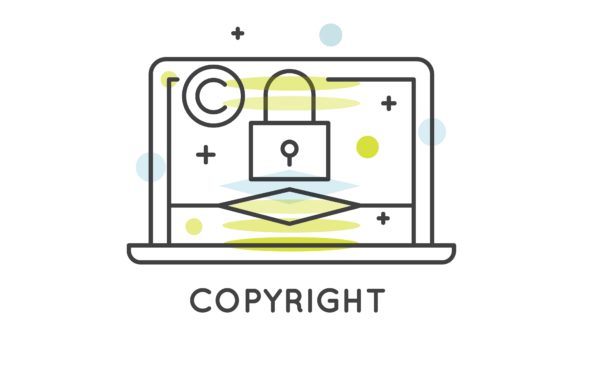
Yes, when you receive a DMCA notice for stealing content, your best course of action is to take it down immediately. There is no easier way to say it. You may have a counterclaim if you are truly in the right, but I'm going to bet that it is not the case and you need to remove the content post-haste.
Take the image down, move on, and call it a day. It is as simple as that.
But if you are thinking you need to do more than let the piece of content in question go gracefully into that long good night, we feel the need to to dive in to the many things you shouldn't do after you receive a DMCA infringement notice. We recommended the following:
- Do not email the content creator and ask them to talk to you directly next time you steal.
- Do not email the content creator and belittle their work or their decision to file a claim.
- Do not email the content creator and try to justify your actions.
- Do not steal from the content creator again.
- Do not steal from other content creators.
- Just don't steal.
The content creator owes you nothing.
Not a courtesy email. Not an acceptance of your apology. Not to take an insulting post-licensing rate. Not to have to justify why they sent a DMCA note to your host. Nothing. If they've already gone so far as to issue a DMCA notice, they're beyond the point of wanting anything to do with you professionally, and you already lost your shot at making nice for your transgressions.
Remember, you stole from them. Not the other way around.
We thought these were all common sense, but because our particular thief stole from us not once, not twice, but three times in the span of just a few months, and from our perspective did all of the above over the course of that time, well, apparently it needs to be said.
(Admittedly, I got a chuckle out of attaching previous correspondence between myself and our thief along with our DMCA notice. The emails contained no fewer than three highlighted instances where I explicitly stated that they were not allowed to use my content. I bet their host loved that one!)
But as comical as this is (or sad, maybe), we do have to hit home a very important point- the first are simply a warning and it can get a whole lot worse for you if you continue.
What Happens if You Keep Stealing Content
The reason DMCA Copyright Infringement notices are so effective is that they put the website's host on the hook and makes them liable for the theft by proxy. They didn't publish the work themselves, but they are hosting it and that is pretty much the same thing.
This could be an actual web host, Google, Facebook, ad network, or just about any website that features, promotes, hosts, profits from, or indexes your ill-gotten content. Once the DMCA notice goes in (remember, it goes to them- not you) they're now responsible for righting your wrong, and you can be assured their lawyers will take care of it fast and forcefully.
Continue your actions, and these companies are liable to kick you off permanently because you are a horrible client, are costing them money in the form of legal hours (which aren't cheap), and are ultimately opening them up for further litigation because you chose to be a thief. This means your host will take your site down and force you to migrate elsewhere, Google may de-index you completely, you may be kicked out of your ad network, and social sites may shut your profile down as well.
Suffice it to say, not going out and taking your own photos or writing your own content is an easy way to destroy your business.
Now, odds are good you found this post because you made a mistake and perhaps did not put proper credit down or did not license an image properly. That could be an understandable error (or a rookie mistake) and a DMCA Notice is probably better than a lawsuit if only because you can rectify it easily and at no cost to you. But the simple fact is now that you've reached that point you probably shouldn't do it again.
It is entirely likely that hosts like the ones mentioned above keep track of these things, and the more marks you get for infringing, the more likely they'll shut you down permanently whether you're willing to comply or not. Again, every minute you make them work you are costing them money, and at some point you're just not worth it as a client. (It is also even more likely the person you stole from now watches you regularly to ensure you don't do it again, too- especially if you're competitors.)
So, how about going through your site and removing other stolen content before you get busted again? Probably a good idea.
Now that we've spent over 1,000 words chastising you for being a content thief, we do have to make a note for the few people who may actually be in the right and found this post.
If you think this is you, continue on.
What Happens if You're in the Right
If you rightfully licensed a piece of content and the DMCA caught you buy surprise, you can submit a counter notification to try and justify usage. If you go down this road, it is worth noting that any false statements you make can be used against you in a court of law as your response will be an official legal document.
Things you could state to justify your usage may be as simple as correspondence with outlined Creative Commons permissions, links to Creative Common sites where the image can be found that you sourced it from, or screen caps of you properly following whatever rules the content creator had put together for use of their image. At the end of the day they still own the image and you have to prove you were in the right if you want to counter, and these are some of the easiest ways to do so if you want to try. (And just so we're clear, ignorance is not a justification.)
The content creator is allowed to change their terms at any time, but if they sent a DMCA notice without contacting you first it is a jerk move (and is one that you could attempt to argue against, in our opinion, if you had proof of a previous license being available, like those available when you purchase stock photos). You may still have to remove the image at the end if they changed their terms, but at a minimum you'll have a small victory against a DMCA note all the same. Worst case you don't argue, take the image down anyway, and you are no further ahead or behind than when you started.
Sometimes it is best to avoid a fight altogether.
Aside from this, the only time you can really argue that content was fair to use is under a policy aptly called Fair Use. It is based on four factors (outlined in the previous link), but in most web usage (such as in blogging) it is a gray area at best.
Is It Fair Use?
*Disclaimer: Again, the below is our interpretation and we are not legal experts. When in doubt, read the law yourself or contact an attorney. (We also recommend checking out this handy flowchart which does a good job as well!)
Say you want to promote a laptop featured on Amazon, or perhaps a restaurant's sandwich, but do not have a good photo to use yourself. In most cases you should be able to use the brand's image as ultimately you are achieving the same goal of promoting the product on behalf of the copyright owner (that is to say, hopefully, the brand*).
However, it is not entirely clear whether this constitutes Fair Use in a legal sense.
The brand may not necessarily care that you're using their image, as you are promoting Amazon, the laptop, or a restaurant's sandwich directly via their own photos– but that does not necessarily make it fall under Fair Use.
You could just be following a license that you did not know exists.
Some would argue this case falls under Fair Use in the sense that you promote the product, they get the sale, and there is little to no ambiguity as to why you're using their image. If there is any market effect one way or another, it should be towards the benefit of the copyright creator in most contexts.
But, again, as we mentioned, Fair Use is a gray area at best so this is not guaranteed- especially for bloggers. This is just one thought for how Fair Use can be applied and we cannot say one way or another whether there is a precedent in a court to hold this interpretation up.
What we do know, however, is that you can't claim Fair Use by promoting that laptop or restaurant's sandwich by using someone else's photo. In this case you are still promoting the final product (the laptop or restaurant) but the photographer who owns the images is cut out completely. You promote the product, the product creator gets the sale, you may make a commission or ad revenue from the view, and the image copyright owner gets… nothing.
A good example of this would be if I took a photo of the laptop or sandwich you are writing about and you found my image via a Google search. Using the image without prior licensing does not fall under Fair Use because I am not the brand, and no one viewing the image would know that I was involved in the slightest.
See the difference?
When in doubt, keep in mind that image copyright is owned by the photographer and the content of the image does not matter in the slightest.
This means that the content creator controls just about everything- be it how the content can be shared, what kind of credits are required, and so on. The content of the image is immaterial, and this is what gets people into trouble as they think it is the other way around. In reality, Fair Use protects very limited cases at best.
- *Sometimes it is difficult to determine if a brand is the copyright holder, too. This is because brands could license images from 3rd party photographers to use without attribution, but may not have exclusive rights typical of most copyright holders. Here, Fair Use is questionable for reasons stated above in that while the brand has permission, you would not. So you simply cannot assume that just because an image is on a brand's website that they own it and your share qualifies as Fair Use!
If you are still questioning whether an image is safe to use, search a site's T&C's to see if they have a photography policy or email the content creator directly to see if credit with a dofollow backlink is sufficient attribution. Worst case they ask for money, you say you have no budget (or pay if you do!), and move on. But this should all be done before using the image, as the second it goes on your site, you are liable for what happens next- be it a lawsuit, a DMCA takedown notice, a nasty email, or all of the above.
The problem here is that if you understand the logic behind this, you probably aren't stealing content. If you don't, you very well could be.
We Are Not Sending This Article to Our Content Thieves
You may be curious now, if we are writing this article specifically to send to our content thieves, and the answer is no- although they did inspire us to write this.
As stated above we owe our content thieves nothing, have stated this to them directly several times, and have promised continued escalation of our claims if they steal again (of which I am certain they will do in the near future and we will follow through with our escalations).
This article is for you, our reader, who may have more questions about DMCA notices or have received one yourselves and found this article in a Google search.
If on the off chance our content thieves read this it is through no doing of our own- even though we'd appreciate the irony of a competing site attempting to use our tips to grow. All we can say to you (and anyone else who continues to steal from content creators) is this: It takes us five minutes to send off a DMCA notice, and we'll keep sending them if you keep stealing.
So, I don't know, maybe stop stealing?
I'm failing to see how this is a difficult decision.
Disclaimer: We are not lawyers and the above does not constitute legal advice. This article is our opinion based off of our experience filing DMCA notices against content thieves only and our understanding of copyright law. If you have any doubts about what to do after receiving a DMCA notice, contact an attorney.
Join This Week in Blogging Today
Join This Week in Blogging to receive our newsletter with blogging news, expert tips and advice, product reviews, giveaways, and more. New editions each Tuesday!
Can't wait til Tuesday? Check out our Latest Edition here!
Upgrade Your Blog to Improve Performance
Check out more of our favorite blogging products and services we use to run our sites at the previous link!
How to Build a Better Blog
Looking for advice on how to improve your blog? We've got a number of articles around site optimization, SEO, and more that you may find valuable. Check out some of the following!

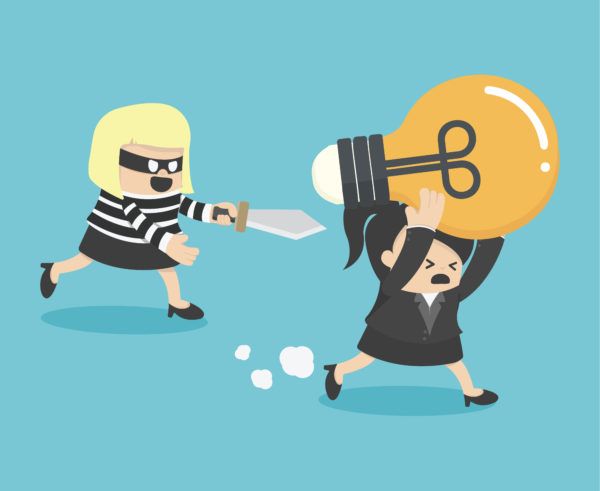





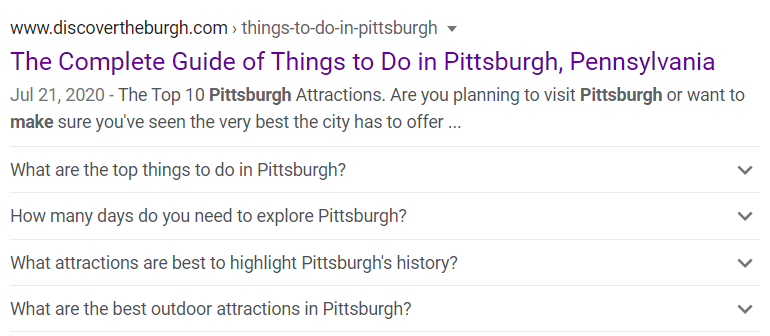

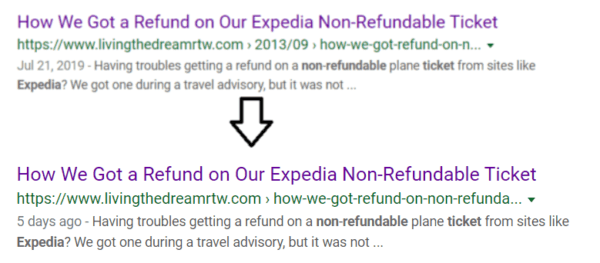
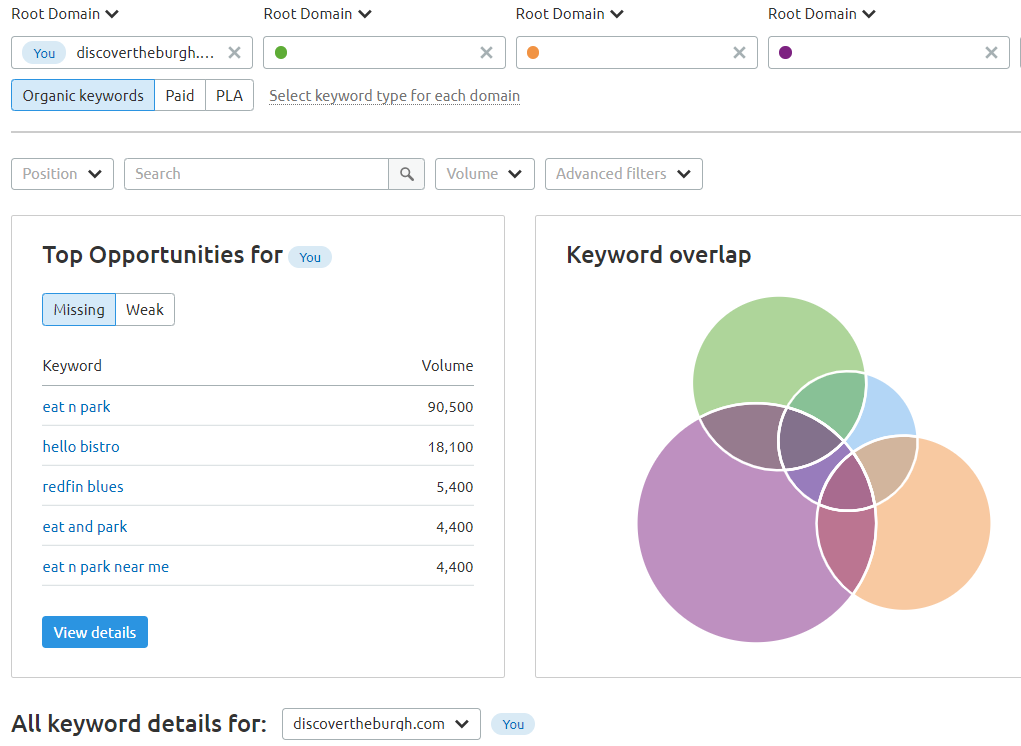
My video was taken down for a clip being used with fair use as education. Please don’t assume that everyone who gets a DMCA copyright notice is a thief.
From the vague wording of this comment, it sounds like you did not try to prove that you had Fair Use. Remember that just because someone thinks something is Fair Use does not make it so.